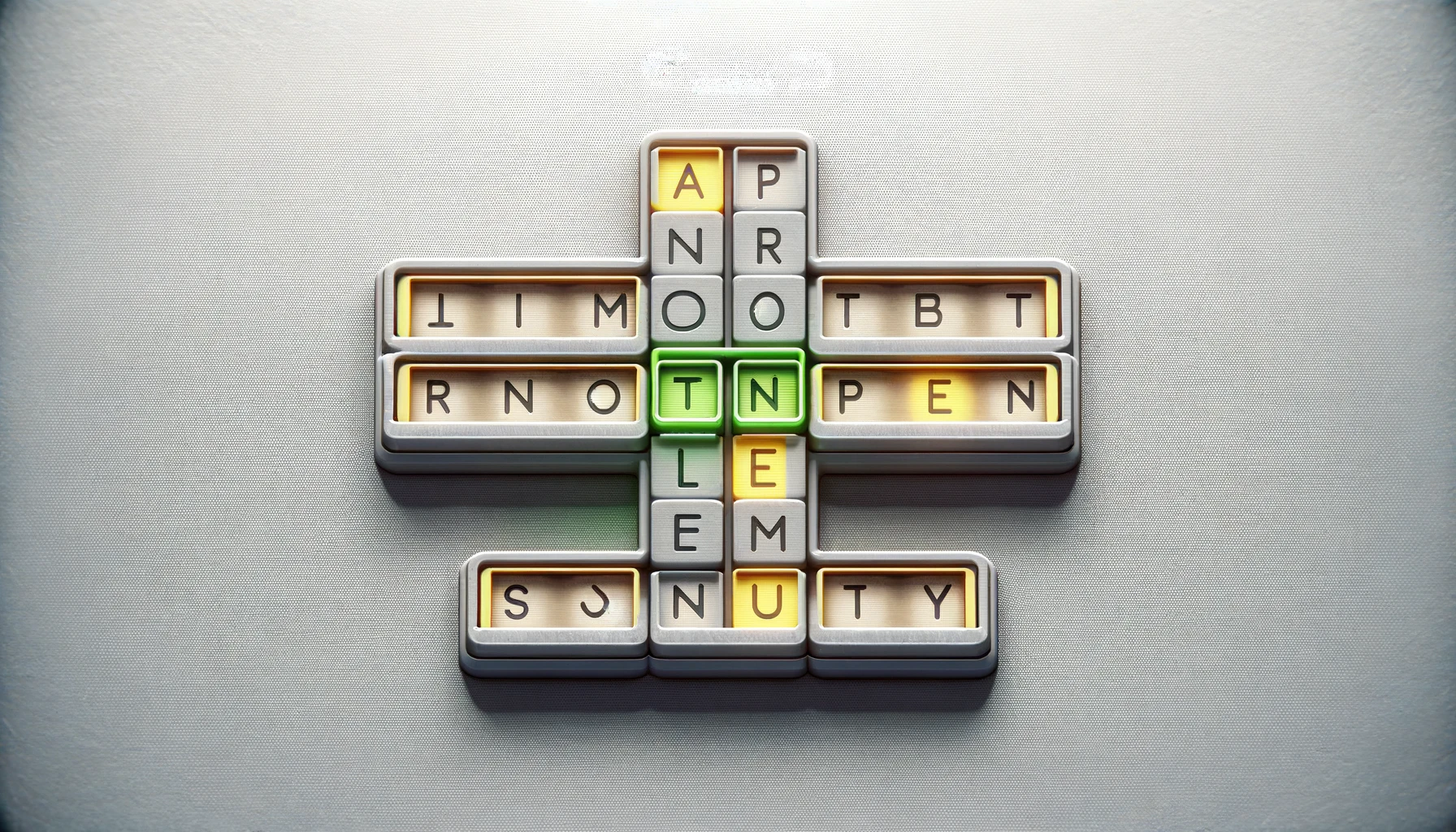Wordle, the daily word puzzle game, provides an opportunity for players to solve a five-letter mystery word. Each day brings a new challenge, with players eager to maintain or start a winning streak. The game, designed to be enjoyed at one’s own pace, does not impose a time limit, encouraging a leisurely or rapid approach depending on personal preference. The March 31 (1016) challenge, like any other, can be tackled with hints provided or with direct access to the answer for players who prefer a straightforward resolution.
The popularity of Wordle has been soaring since its inception by software engineer Josh Wardle. The concept of solving a five-letter word within six attempts captured the attention of many, allowing players to deduce the correct answer through a process of elimination and clever guesswork. This simple yet engaging formula has seen the game being shared among families and friends before becoming a worldwide phenomenon. The game’s increasing popularity eventually led to its purchase by The New York Times for a significant sum, showing the vast appeal of this seemingly modest word puzzle.
What’s Today’s Wordle Clue?
Today’s Wordle answer may be considered unmentionable in polite society, though not necessarily illegal or uncommon. It is a term reserved for those acts that are generally avoided in casual conversations, especially within professional settings. The word also contains a repeated letter, adding an extra layer of complexity to today’s puzzle.
What Strategies Can Enhance Your Play?
Wordle enthusiasts recommend starting with a strong word that contains a balanced mix of vowels and consonants. It is important to choose starter words that do not repeat letters to maximize the chances of eliminating or confirming multiple letters at once. After the initial guess, subsequent attempts should build on the information revealed from previous entries, refining the pool of potential answers.
Any Tips for Wordle Veterans?
For regular players, examining the list of past Wordle solutions can serve as a guide for formulating strategic opening guesses and for eliminating possible answers. This historical data is a testament to the variety and complexity of the English language and serves as a useful tool for both beginners and seasoned players alike.
In a relevant scientific paper published in the Journal of Language and Social Psychology titled “The Psychology of Word Games: The Emotional and Cognitive Benefits of Playing Wordle and Its Variants,” researchers explored the cognitive and emotional engagement that games like Wordle provide. The paper suggests that such games can enhance problem-solving skills and offer a mental workout that contributes to overall brain health. This supports the notion that playing Wordle may offer benefits beyond simple entertainment.
Points to consider:
- Words with repeating letters may be trickier.
- Using historical Wordle answers can prevent repeats.
- A strategic starter word is key to success.
Wordle, a puzzle that once started as a personal gift, has grown into a global daily ritual. The game’s ability to blend cognitive challenge with casual fun makes it a mainstay in the lives of many. It not only fulfills a recreational purpose but, as suggested by research, it also prompts mental stimulation and development. Enthusiasts and newcomers alike find in Wordle a rewarding and educational pastime, fostering a community of word lovers and puzzle solvers united by their common pursuit of the daily Wordle solution.










